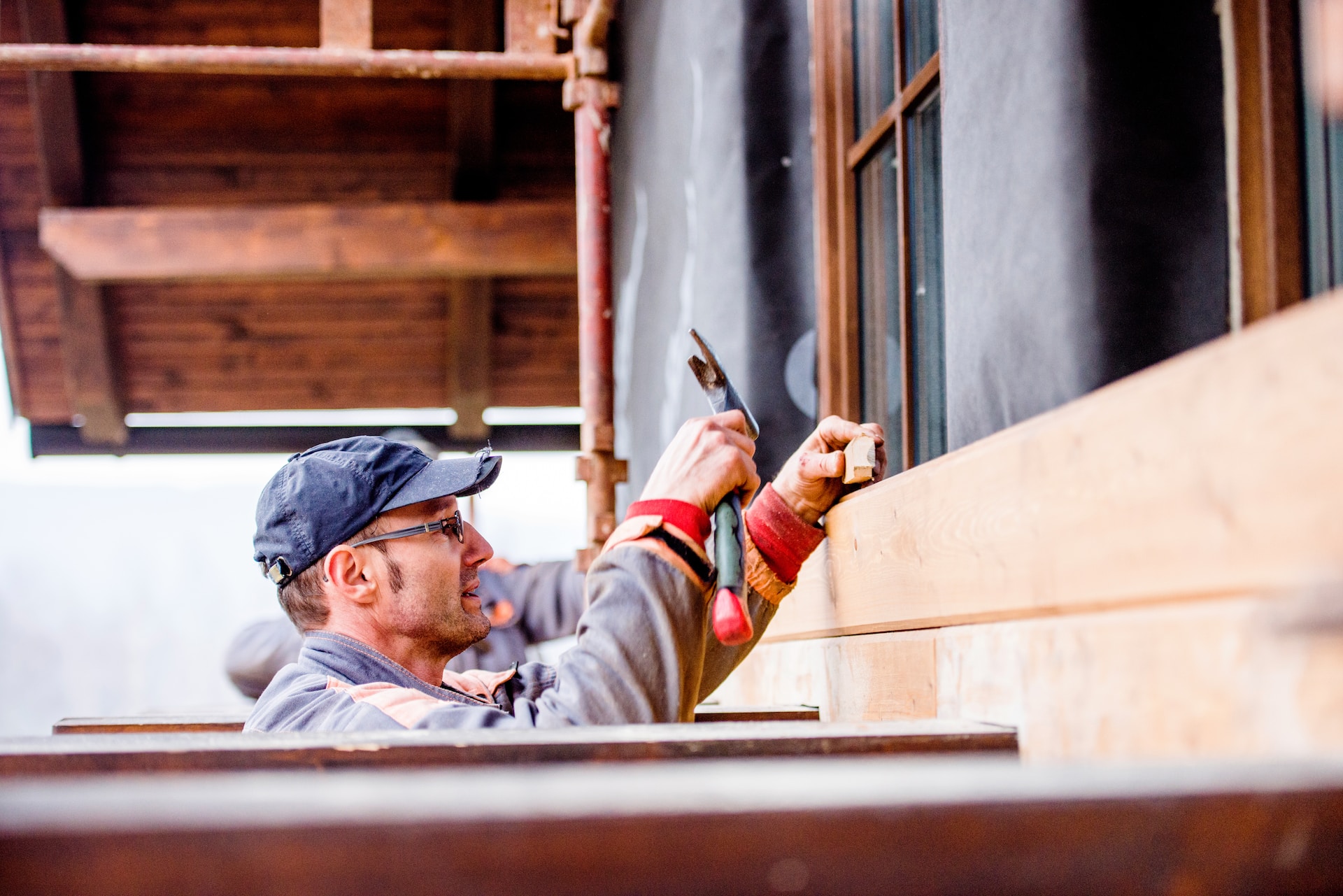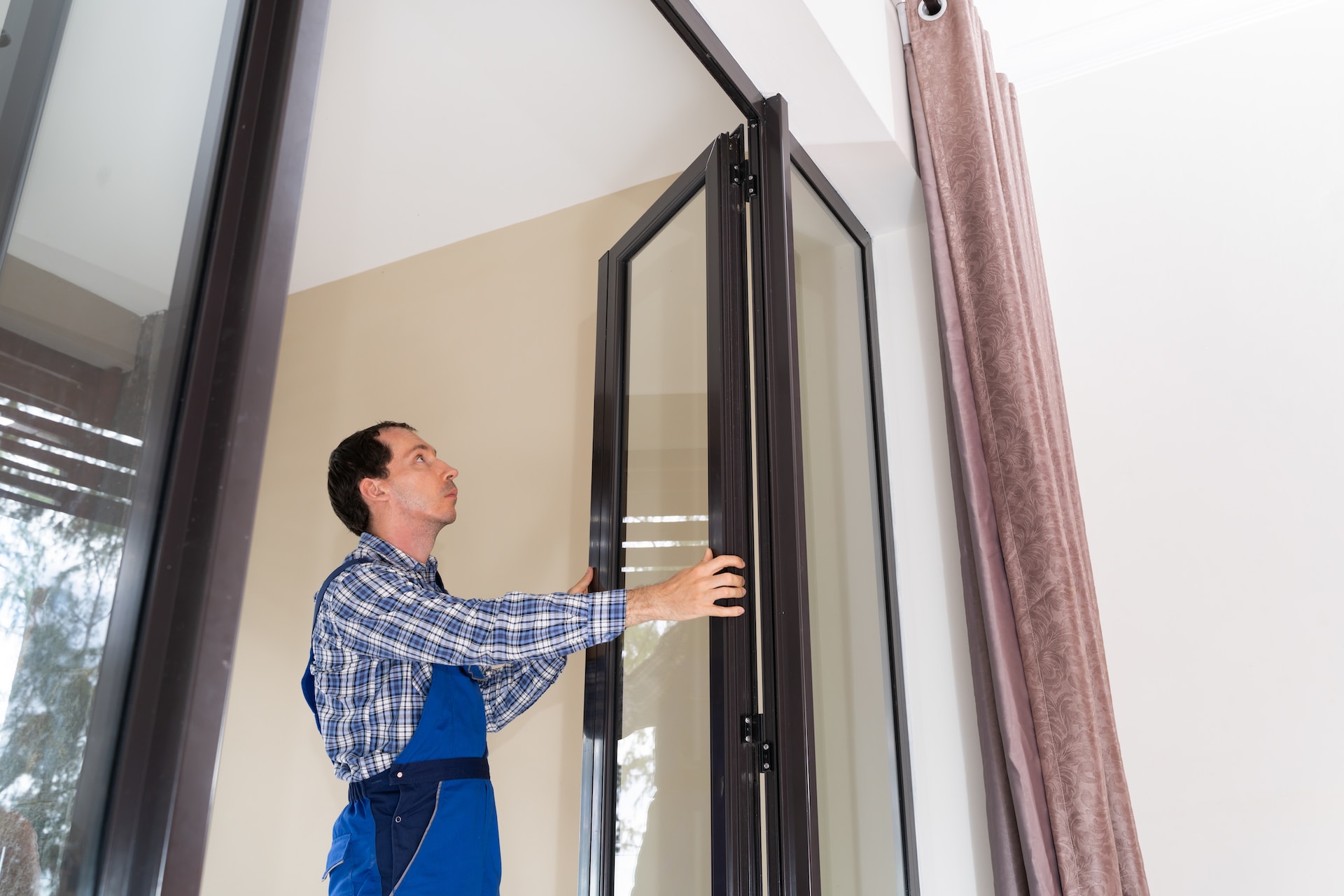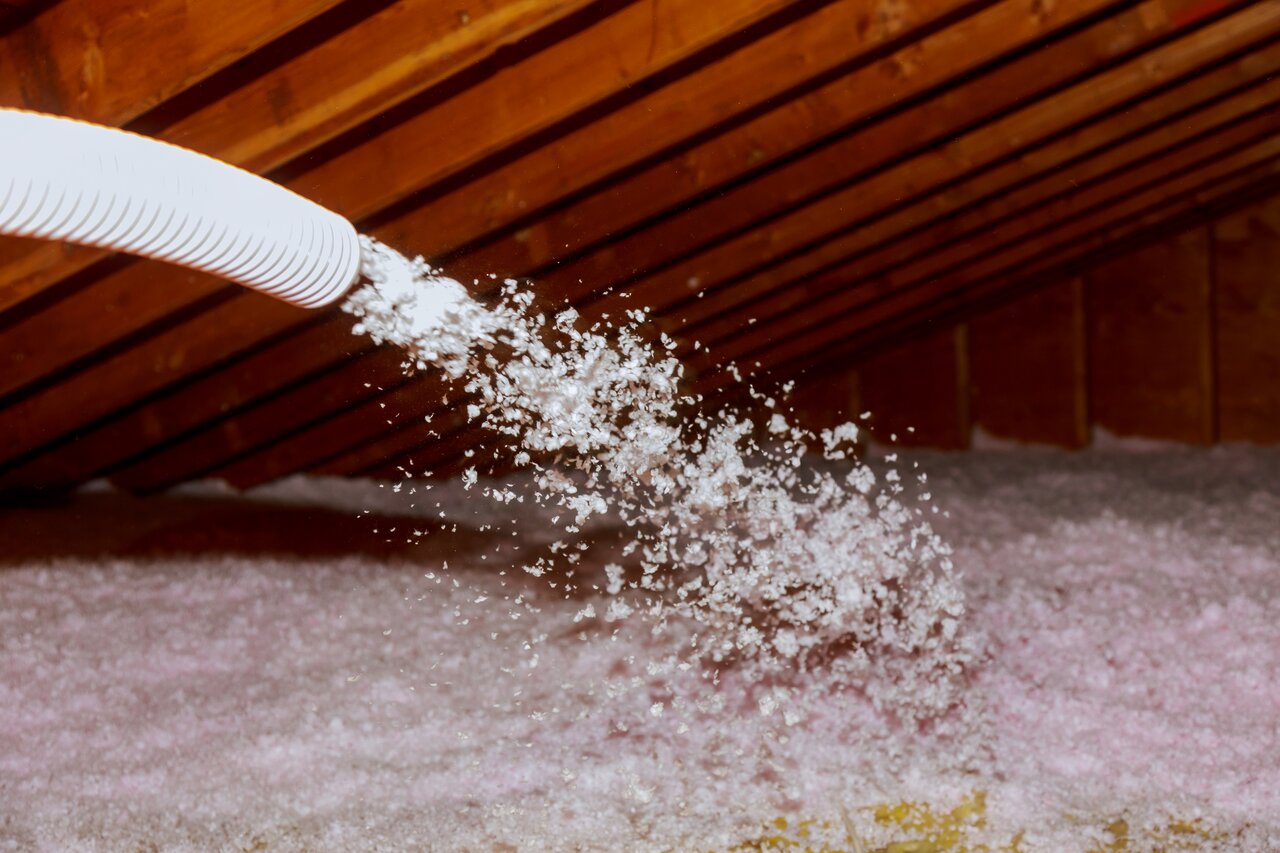Mold can pose a significant threat to the health of your home and its occupants, so it’s essential to be proactive in addressing any potential issues. Mold is a type of fungus that thrives in damp, humid environments. It can grow on various surfaces within your home, including drywall, wood, carpet, and insulation. Not only can mold cause unpleasant odors and unsightly stains, but certain types of mold can result in negative health effects for you and your family.
Common symptoms of mold exposure include coughing, sneezing, watery eyes, and skin irritation. In more severe cases, prolonged exposure to mold can cause respiratory issues, asthma attacks, and other health complications. While mold can often be visibly seen or smelled, hidden mold growth can occur in areas like walls, carpet underlay, or behind appliances. Mold testing is an essential tool in ensuring that all instances of mold growth within your home are detected and effectively managed.
Armed with accurate information about the extent and location of mold in your home, you can then pursue mold remediation to eliminate the problem and restore a healthier living environment.
Partnering with Clean Air Carolinas, Inc., a trusted company offering mold testing and remediation services, will ensure that your home is fully assessed and treated for any mold concerns. Together, we’ll explore the importance of mold testing, the process of mold remediation, and the benefits of working with an experienced company like Clean Air Carolinas, Inc. to protect your home from mold-related problems.
The Importance of Mold Testing
Before any mold remediation work can begin, accurate mold testing is crucial for several reasons:
1. Identify the Presence of Mold: Mold testing helps confirm if mold is present in your home, even if it’s not visible or detectable by smell. This allows you to take early preventative measures in removing mold and reducing potential health risks.
2. Determine Mold Types: Different molds may require specific remediation methods. Mold testing helps identify the type of mold you’re dealing with, ensuring the appropriate approach is taken during the remediation process.
3. Locate Hidden Mold Growth: Mold can often lurk behind walls, beneath carpets, or in other hard-to-reach areas. Accurate mold testing can reveal these hidden mold colonies, enabling targeted and efficient remediation.
4. Monitor Indoor Air Quality: Mold can negatively affect the air quality of your home. Mold testing allows you to understand the full extent of mold-related air quality issues and make informed decisions to improve your living environment.
The Mold Remediation Process
Once mold has been accurately identified through testing, the remediation process can begin. Mold remediation typically involves the following steps:
1. Containment: Mold remediation professionals will seal the affected area to prevent mold spores from spreading throughout the rest of your home during the cleanup.
2. Removal of Contaminated Materials: Materials with extensive mold contamination, such as drywall or insulation, likely need to be removed and safely disposed of to effectively eliminate mold growth and prevent recurrence.
3. Cleaning and Disinfecting: The remaining surfaces within the affected area will be cleaned and disinfected using specialized agents to kill mold and remove mold stains, ensuring the space is safe for future use.
4. Drying and Dehumidification: Mold thrives in damp environments, making effective moisture control essential during mold remediation. After cleaning and disinfecting, the area will be thoroughly dried and dehumidified to discourage future mold growth.
5. Restoration: Any necessary repairs or replacements will be made to restore the affected area to its pre-mold condition, allowing you to resume normal use of your home.
Preventing Mold Growth: Tips for Maintaining a Mold-Free Home
To minimize the risk of mold growth in your Matthews, Mint Hill, Harrisburg, or Concord, NC home, take into consideration the following preventative measures:
1. Control Indoor Humidity: Maintain indoor humidity levels below 60% using air conditioners, dehumidifiers, or exhaust fans.
2. Proper Ventilation: Ensure your home has adequate ventilation, particularly in areas prone to moisture, such as bathrooms, kitchens, and laundry rooms.
3. Address Leaks and Water Damage Promptly: Fix any leaks or water damage immediately to prevent the conditions that facilitate mold growth.
4. Regularly Clean and Maintain HVAC Systems: Maintain your heating, ventilation, and air conditioning (HVAC) system, including cleaning air ducts, replacing filters, and ensuring proper airflow, to prevent mold growth and maintain good indoor air quality.
Understanding the Importance of Mold Testing in North Carolina Homes
For homeowners, partnering with Clean Air Carolinas, Inc. for mold remediation services in Matthews, NC, ensures that your home is in capable hands. Our experienced team of professionals understands the unique challenges that mold presents and is equipped with the knowledge, tools, and expertise required to accurately assess and remediate your mold concerns.
Taking prompt action to address mold concerns is vital to protect both your home and the health of its occupants. With a thorough understanding of the mold testing and remediation process and the help of a trusted company like Clean Air Carolinas, Inc., you can confidently safeguard your home from mold-related issues.
Contact Clean Air Carolinas, Inc. today to learn more about our comprehensive mold testing, remediation, and other services designed to keep your home healthy and protected.




